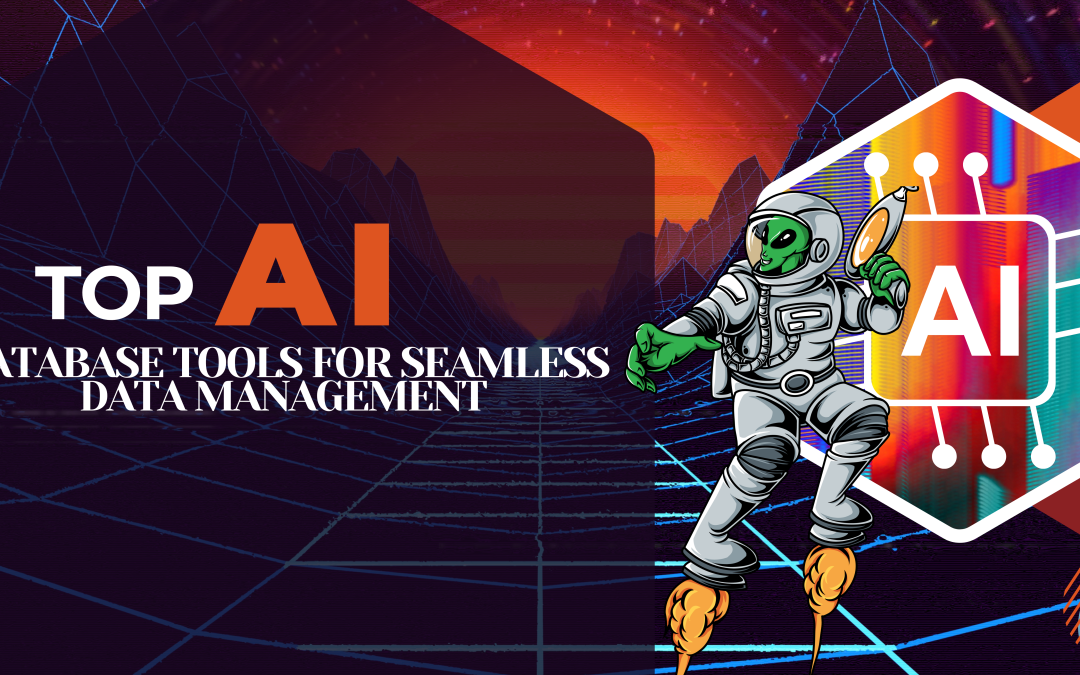Get insights into the best AI database tools for flawless data management. Empower your business with AI-driven solutions!
What is an AI Database?
An AI database is a smart tool that uses artificial intelligence (AI) to store, organize, and manage data. It analyzes data, makes predictions, and suggests improvements quickly. Unlike regular databases, AI databases can learn from the data, making them more helpful over time.
For example, when you search for something, the AI for DB can find the information you need faster.
Using AI DB means less work for people because the computer understands the data better. With the help of AI tool database and AI tools database, businesses can keep their data organized and find patterns to make better decisions.
These AI database tools use advanced technology to save time and improve accuracy. In short, database AI tools are like super-smart helpers for handling data!
The practicality of AI database tools
AI database tools are very useful because they make working with data easy and quick. These tools help create and organize data systems, saving time and effort. For example, tools for database development can help design a system that stores important information.
Using an open-source database design tool, anyone can create their own data storage setup. A database structure design tool helps organize the data neatly and clearly. A database design tool works like a guide to set up your database correctly.
If you want to build a new database, database creator software and an AI database builder are great options. These tools are smart and can help with planning and creating databases faster. With tools for database design or database building tools, you can make databases that are easy to use and understand.
In short, these design database tools make building and managing data systems much simpler!
The Benefits of Using AI in Managing Databases
Using AI to manage databases makes work easier and faster. AI can organize data, find mistakes, and even give suggestions to improve how data is used. Here are some benefits:
- Saves Time: AI works quickly to sort and analyze data, so people don’t have to spend hours doing it.
- Fixes Mistakes: AI can find and fix errors in the database, keeping the data clean and accurate.
- Learns and Improves: AI gets smarter as it works, which helps it give better results over time.
- Helps with Big Data: Managing large amounts of information is easier with AI, as it can handle it without getting tired.
- Makes Better Decisions: AI can find patterns in data and give useful insights, helping people make smarter choices.
In short, AI is like a super helper that makes managing databases simple and efficient!
Exploring the different types of AI database tools
AI database tools help manage data in smart and efficient ways. Let’s learn about some popular tools, their features, and advantages:
1. ChatGPT
ChatGPT, an advanced language model developed by OpenAI, revolutionizes conversational AI and content generation. It offers natural language processing capabilities, enabling users to generate human-like text, answer questions, and assist with various writing tasks. To maximize its effectiveness, it’s essential to use good prompts, ensuring that the AI produces accurate and relevant responses.
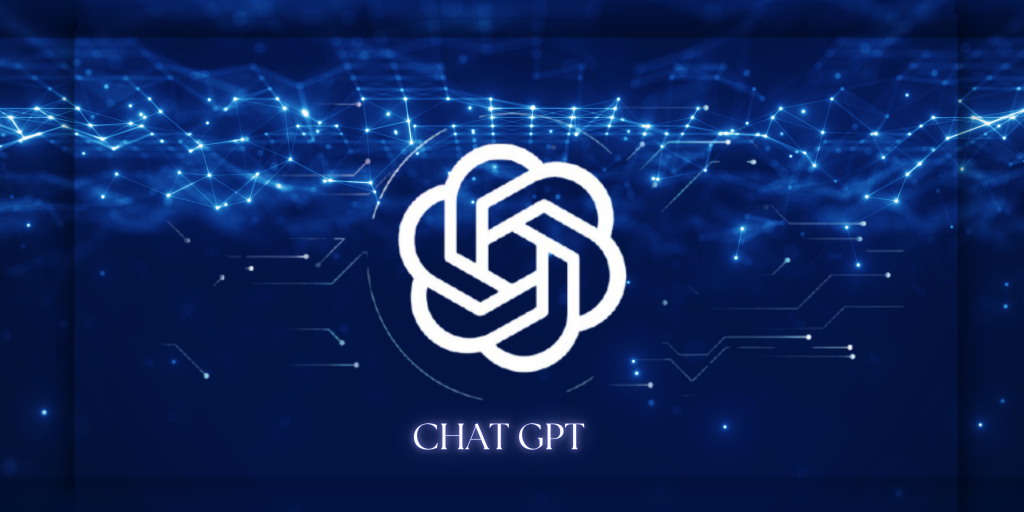
Features:
- Advanced natural language processing
- Contextual understanding
- Multilingual support
- Versatile text generation capabilities
- Interactive problem-solving
- Code writing assistance
Advantages:
- Rapid content creation
- Adaptable across multiple domains
- Generates complex written content
- Provides detailed explanations
- Supports creative and professional writing tasks
- Enhances productivity and creativity
2. Alli AI
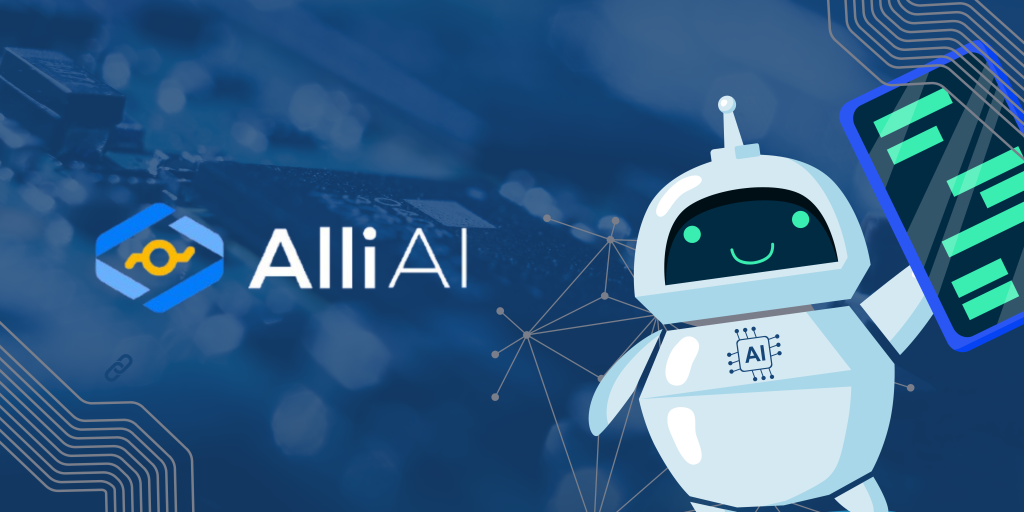
Alli AI is an innovative SEO optimization platform leveraging artificial intelligence to streamline website performance and search engine rankings. It provides automated SEO strategies, intelligent content optimization, and comprehensive website analysis — making it useful not just for blogs and businesses, but also for anyone managing a portfolio, eCommerce site, or even a logo maker website.
Features:
- Automated SEO strategy generation
- Comprehensive website analysis
- Intelligent content optimization
- Keyword recommendation system
- Automatic site audits
- Technical SEO issue identification
Advantages:
- Reduces manual SEO workload
- Accelerates website performance improvement
- Provides data-driven insights
- Enhances search engine rankings
- Cost-effective optimization
- Supports digital marketing efforts
3. DALL-E 2
DALL-E 2, developed by OpenAI, is a groundbreaking AI image generation tool that creates stunning, realistic images from textual descriptions. It uses advanced machine learning algorithms to transform written prompts into visually compelling artwork, photographs, and illustrations.
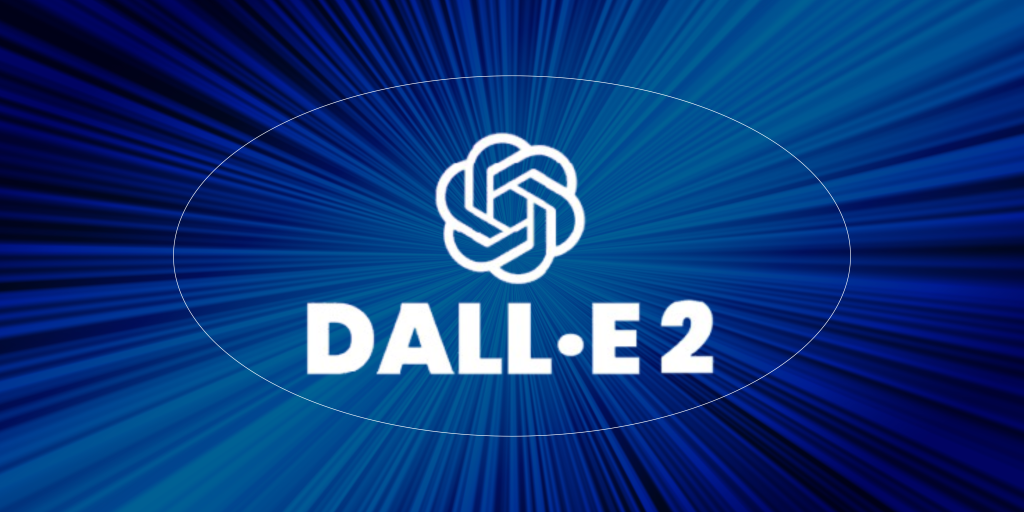
Features:
- AI-powered image generation
- High-resolution image creation
- Text-to-image transformation
- Style adaptation
- Creative concept interpretation
- Multiple genre image generation
Advantages:
- Rapid visual content production
- No advanced graphic design skills are required
- Unlimited creative possibilities
- Unique image generation
- Supports artistic and professional visual needs
- Accessible image creation tool
4. Copy.ai
Copy.ai is an AI-powered content creation platform designed to efficiently generate marketing copy, social media content, and creative writing. It employs advanced natural language processing to craft compelling text across multiple formats.

Features:
- AI-powered content generation
- Marketing copy creation
- Social media content generator
- Blog post writing
- Email template builder
- Multilingual support
Advantages:
- Significant time savings
- Consistent brand voice maintenance
- High-quality content production
- Overcomes creative blocks
- Supports multiple content formats
- Cost-effective writing solution
5. Google Cloud AI
As a powerful artificial intelligence platform, Google Cloud AI delivers a wide range of advanced tools and services designed for both developers and enterprises. It supports scalable solutions for everything from data analysis and predictive modeling to natural language processing and computer vision. With its robust infrastructure and user-friendly tools, businesses can build intelligent applications and unlock deeper insights from their data artificial intelligence platform.
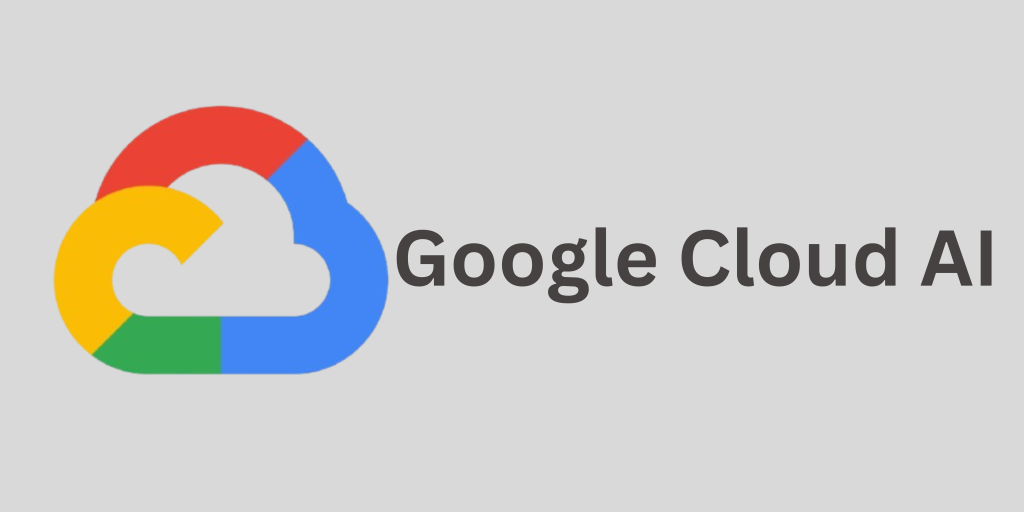
Features:
- Pre-trained machine learning models
- Custom model development
- Natural language processing
- Computer vision capabilities
- Cloud integration
- Scalable AI solutions
Advantages:
- Enterprise-grade AI capabilities
- Robust security infrastructure
- Flexible deployment options
- Drives organizational innovation
- Supports complex data analysis
- Enables intelligent application development
6. Midjourney
Midjourney is an advanced AI image generation platform that creates extraordinary, artistic visuals through text-based prompts. It transforms written descriptions into stunning, often surreal images using sophisticated machine learning algorithms.

Features:
- Advanced image generation
- Text-to-image transformation
- Style customization
- High-resolution output
- Creative concept interpretation
- Artistic visual generation
Advantages:
- Rapid artistic creation
- Unique visual style exploration
- Accessible for non-technical creators
- Supports diverse design needs
- Generates imaginative artwork
- Enhances creative expression
7. Salesforce Einstein
Salesforce Einstein is an AI-powered intelligent layer integrated within the Salesforce CRM platform. It offers predictive analytics and smart automation, advanced customer insights, personalized recommendations, and automated workflow optimization.

Features:
- Predictive analytics
- Customer insight generation
- Intelligent workflow automation
- Lead scoring
- Automated data analysis
- CRM integration
Advantages:
- Enhanced customer engagement
- Improved sales productivity
- Data-driven decision making
- Personalized customer experiences
- Streamlined business processes
- Advanced predictive capabilities
8. H2O.ai
H2O.ai is an enterprise AI platform providing open-source machine learning and artificial intelligence solutions. It offers comprehensive tools for data scientists, developers, and businesses to build and deploy intelligent applications.
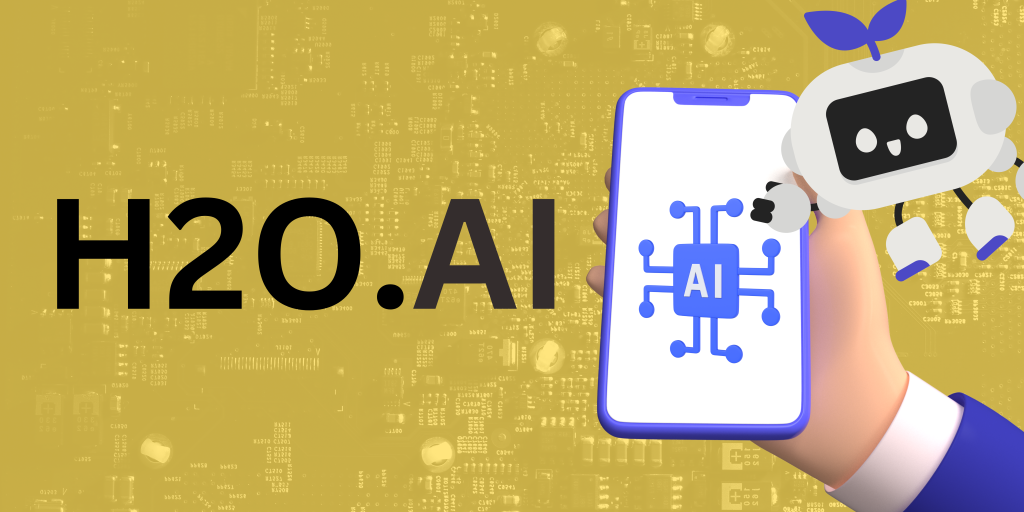
Features:
- Automated machine learning (AutoML)
- Open-source AI platform
- Model interpretation tools
- Scalable AI infrastructure
- Enterprise AI solutions
- Multi-industry support
Advantages:
- Simplified model development
- Reduced AI implementation complexity
- Democratizes AI technologies
- Accelerates organizational innovation
- Supports diverse machine learning needs
- Comprehensive AI development platform
9. PyTorch
PyTorch is an open-source machine learning library developed by Facebook’s AI Research lab. It is widely used for deep learning and neural network development. It provides dynamic computational graphs, extensive research flexibility, and intuitive Python integration.

Features:
- Open-source machine learning library
- Dynamic computational graphs
- GPU acceleration
- Automatic differentiation
- Python integration
- Extensive neural network development tools
Advantages:
- Rapid AI model prototyping
- Flexible research capabilities
- Strong community support
- Intuitive development environment
- Advanced deep learning support
- Cutting-edge AI research facilitation
10. Descript
Descript is an innovative platform that uses AI to revolutionize audio and video editing and transform content production. It offers advanced features like text-based editing, automatic transcription, and AI-driven audio enhancement. Users can edit multimedia content as easily as a text document.
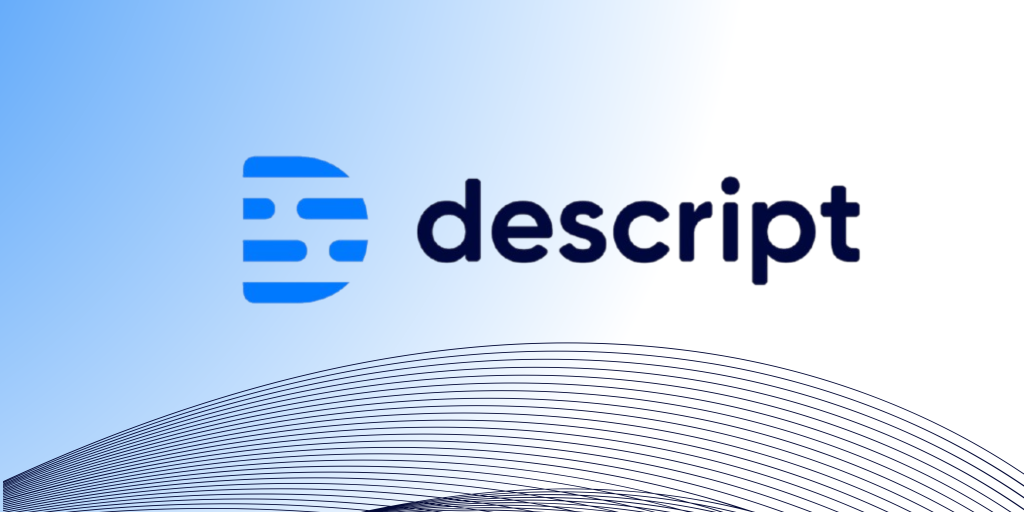
Features:
- AI-powered multimedia editing
- Text-based audio/video editing
- Automatic transcription
- Voice cloning
- Screen recording
- Collaborative editing tools
Advantages:
- Simplified post-production processes
- Significant time savings
- Accessible multimedia editing
- Professional content creation support
- Intelligent automation
- User-friendly interface
How to Choose the Right AI Database Tool for Your Organization
Choosing the right AI database tool for your organization is important to ensure smooth data management, better decision-making, and improved productivity.”Here are some key reasons and steps to help you choose the right tool:
- Understand Your Needs: Before choosing a tool, consider what your organization needs from the AI database. Do you need tools for storing large datasets, analyzing data, or automating tasks? Knowing this will guide your decision.
- Ease of Use: The tool should be user-friendly so your team can easily learn and use it without extensive training. Look for tools with a simple interface.
- Scalability: As your organization grows, so will your data. Choose a tool that can easily scale to handle larger data volumes in the future.
- Integration: Assess the tool’s cost and confirm it aligns with your budget. Some tools may offer exceptional features but could be overly expensive, while others deliver good value at a lower price.
- Cost: Evaluate the tool’s price and ensure it fits within your budget. Some tools may have excellent features but may be too expensive, while others provide good value at a lower cost.
- Security and Compliance: To protect your data, choose a tool that offers strong security features and complies with relevant regulations.
Considering these factors, you can select the right AI database tool that suits your organization’s needs and helps improve data management processes.
The Future of AI in Database Management
The future of AI in database management is very exciting, as AI will continue to play a major role in improving how databases are created, maintained, and used. To stay ahead, many companies are now looking to a custom AI development company to leverage these innovations.
- Automation: AI will automate numerous database management tasks, including data entry, backups, and security monitoring. This will minimize the need for manual intervention and assist businesses in saving time and resources.
- Smarter Data Analysis: AI will make data analysis more efficient by quickly identifying patterns and trends that would be difficult for humans to spot. This will enable businesses to make quicker and more informed decisions.
- Improved Security: AI will help enhance database security by detecting unusual patterns and potential threats in real time. This will help protect sensitive data from cyber-attacks.
- Self-Optimizing Databases: AI will create databases that automatically optimize their performance, improving speed and reducing costs without manual tuning.
- AI-Driven Decision Making: AI’s ability to analyze large volumes of data will assist businesses in making data-driven decisions, leading to smarter strategies and better outcomes.
AI will make database management faster, more efficient, and more secure in the future, transforming how businesses handle their data.
Conclusion
In conclusion, using AI database tools revolutionizes data management by making it faster, more efficient, and less prone to errors. These tools offer a range of benefits, from automating complex tasks to enhancing security and data analysis. By incorporating AI, organizations can streamline their database processes, gain deeper insights from data, and make more informed decisions.
Whether you’re looking to manage large datasets, optimize database performance, or improve security, AI database tools provide the necessary solutions for seamless data management. As technology evolves, these tools will become even more advanced, making data management more accessible and efficient for businesses of all sizes.
